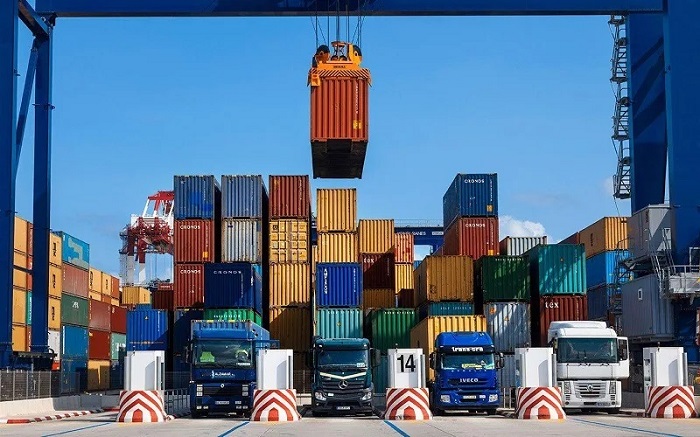In the medium term, we should expect Iran’s regional role to grow and cargo flows to increase. Today, Central Asian countries consider Iran as a trade hub that will increase exports to Africa and the Middle East. Berik Bulekbayev, an expert consultant to the UNECE, the World Bank, and an honorary railwayman, said this during the fourth international conference Asia Grains & Oil Conference in Tashkent 2024, which is being held in the capital of Uzbekistan on September 18-19.
“In the light of the geopolitical situation and sanctions against Russia, the issue of utilizing Iran’s transit potential, which provides regional countries with access to the markets of Arab states, Iraq, India and Pakistan through the Persian Gulf, is becoming increasingly relevant. For its part, Iran is interested in supplying goods to Central Asia, Russia and China through Kazakhstan and Turkmenistan,” the speaker noted.
He said that thanks to joint efforts, the potential of the Kazakhstan-Turkmenistan-Iran railway line is being consistently increased. Since 2022, transportation along the international North-South transport corridor through Bolashak station has increased almost 10 times. Today, it is the shortest route to the Persian Gulf countries. For its part, Kazakhstan is preparing to sign an agreement with Iran on a free trade zone with a turnover of up to $3 bln, with the main focus on agricultural products (including grain).
“The main and most important regional transit center is the port of Bandar Abbas, which is the route connecting the countries of the Caucasus and Central Asia with South and Southeast Asia, as well as neighboring countries. About 70% of Iran’s trade and transit traffic passes through Bender Abbas,” said B. Bulekbayev. /// nCa, 20 September 2024 (cross post from apk-inform)
